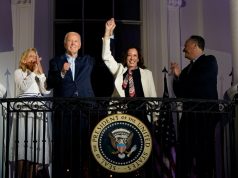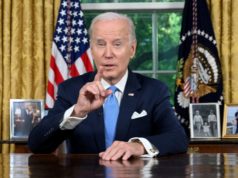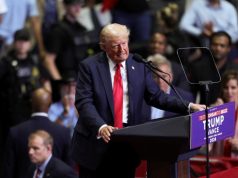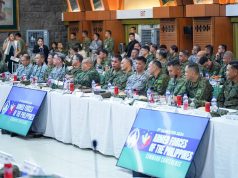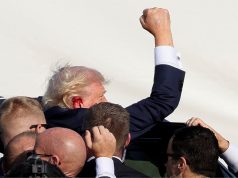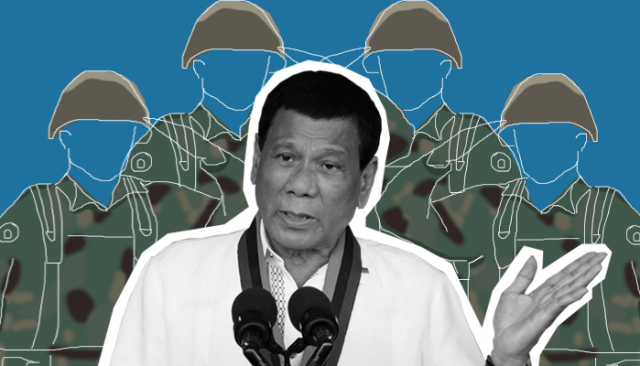
The 1987 Constitution states that civilian authority is superior to that of the military. However, Duterte has recently appointed another former military man into his administration.
Recently retired AFP Chief of Staff Rey Leonardo Guerrero was appointed to head the Maritime Industry Authority, a crucial agency for a seafaring nation like the Philippines.
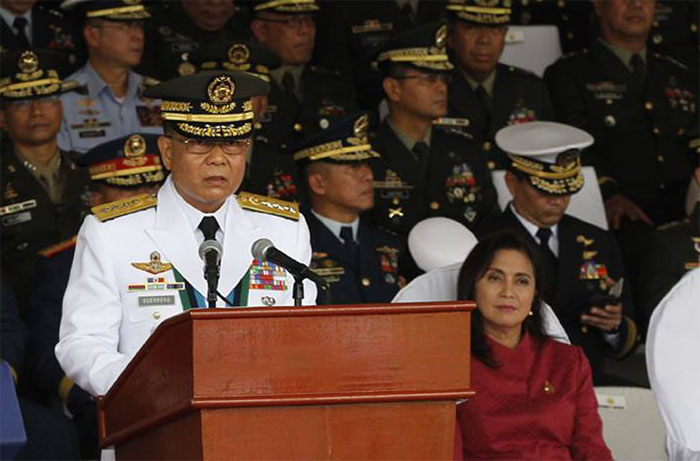
During his long tenure, Guerrero received military honors and awards like the Presidential Medal of Merit and the Philippine Legion of Honor. But he was not even an official from the navy, having spent his career in the army.
The appointment of another former member of the Armed Forces to a top civilian post, as expected, raised some eyebrows—at least on social media.
So the President appoints a career army man, just-retired AFP chief Guerrero, to be the new head of the Philippine Maritime Authority (MARINA). pic.twitter.com/XTRkLU2UY0
— Manuel L. Quezon III (@mlq3) April 18, 2018
Infiltrating the ranks
In January 2018, two former chiefs of staff were appointed to top government positions as well.
Retired AFP chief Lt. Gen. Glorioso Miranda became a board member of the Bases Conversion and Development Authority, while Lt. Gen. Eduardo Año was tasked to helm the Department of Interior and Local Government.
In May 2017, Gen. Roy Cimatu, another former military chief, assumed office as the head of Department of Environment and Natural Resources.
In the same month, former AFP Brigadier General Danilo Lim became the chairman of the Metropolitan Manila Development Authority.
Straight from the autocrat’s playbook?
Analysts commented that Duterte’s penchant for hiring military personnel to join his circles is similar to moves by strongmen.
Political analyst Dennis Coronacion of the University of Santo Tomas told Philstar.com that Duterte’s appointment of military officers to top posts is to ensure that no “disenchanted soul” will rebel against him.
“You set aside institutions in favor of an instinctive, implicit trust in somebody whom you like, who you think is good for the country, whatever he says, whatever he does,” the political analyst said.
Coronacion believes the president’s gestures favoring the military is a way to consolidate power.
For Duterte, former military officers who have assumed senior roles in government get the job done more efficiently.
The president also admitted her prefers to appoint men in uniform: “It’s difficult with the civilians, those with eligibility. When you give them instructions, they take a long time to do it.”
Duterte’s not the only one
President Donald Trump, whom some observers note Duterte shares populist characteristics, has also been noted for hiring military generals.
Retired U.S. Army Gen. Daniel Bolger believes that an “authoritarian rule” would prevail if there’s no clear separation between military and civilians.
He said on Vox, “If the traditional separation between the military and civilians were to break down, [the United States] would be a fundamentally different country. It would not be a constitutional republic. We would likely slide into authoritarian rule.”
“If the traditional separation between the military and civilians were to break down, this would be a fundamentally different country.”
The same scenario has been perceived in Philippine politics since Duterte started to appoint numerous soldiers within his circle. — Art by Uela Badayos





